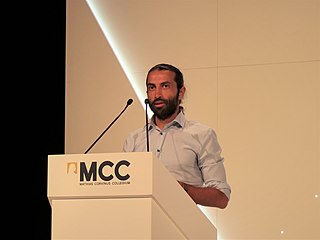A Quote by Mario Cuomo
The price of seeking to force our beliefs on others is that someday they might force their beliefs on us.
Related Quotes
I protect my right to be a Catholic by preserving your right to believe as a Jew, a Protestant, or non-believer, or as anything else you choose. We know that the price of seeking to force our beliefs on others is that they might some day force theirs on us. This freedom is the fundamental strength of our unique experiment in government. In the complex interplay of forces and considerations that go into the making of our laws and policies, its preservation must be a pervasive and dominant concern.
If you can do one thing you thought was utterly impossible, it causes you to rethink your beliefs. Life is both subtler and more complex than some of us like to believe. So if you haven't done so already, review your beliefs and decide which ones you might change now and what you would change those beliefs to.
The birth of excellence begins with our awareness that our beliefs are a choice. We usually don't think of it that way, but belief can be a conscious choice. You can choose beliefs that limit you, or you can choose beliefs that support you. The trick is to choose the beliefs that are conducive to success and the results you want and to discard the ones that hold you back.































